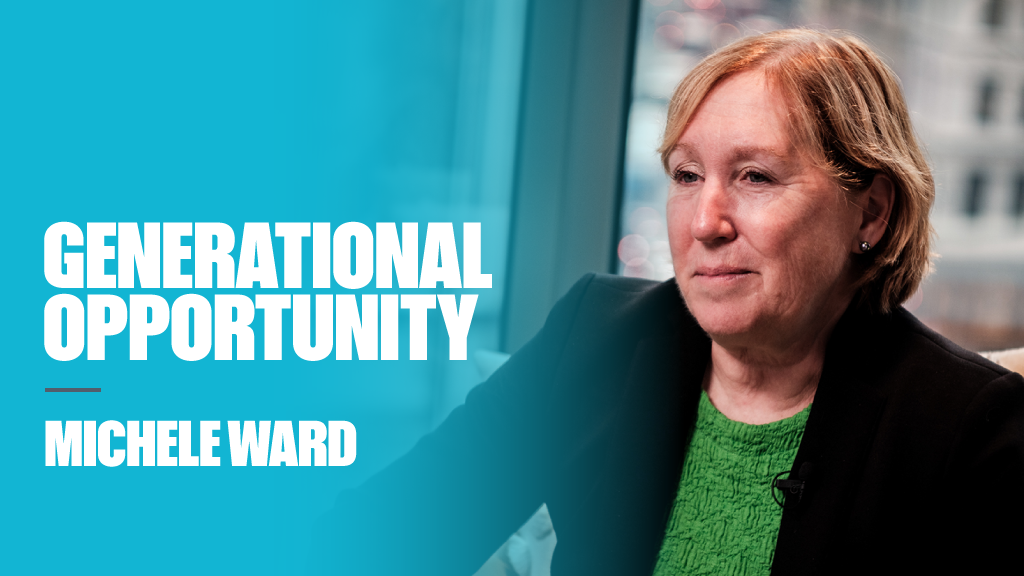With interest rates at 0.5%, traditional solutions may not have delivered a return that would satisfy most investors. Consequently, people are now looking up the risk curve to obtain a decent return.
As a result private equity is an area that is increasingly being considered by more investors and intermediaries. These companies offer exciting opportunities for growth as they expand and progress to being listed or are bought by larger businesses. While high net worth individuals may be able to act as private equity backers to companies, direct investment negates the benefits of investing through a fund structure and spreading risk across a portfolio of businesses.
Greater opportunities
Traditionally, the majority of investors have been precluded from participating in private equity funds due to the substantial minimum investment required. This led to the asset class becoming the domain of institutions, pension funds and ultra high net worth individuals. Although these groups are still major players in the sector, there are increasing opportunities for individual investors to participate.
Recently, certain private equity funds have been created with the retail investor in mind. Minimum subscription levels have been set to be inclusive rather than exclusive, allowing investors the opportunity to allocate capital to private equity as part of their overall investment portfolio. Some funds are also structured to enable subscriptions through Sipps, which fit naturally with the longer-term nature of private equity investment.
If investment in a private equity fund is being considered, it’s always worth researching the investment strategy of the various funds, particularly the types of businesses being targeted. Some funds focus on providing capital to start-up or fledgling companies that carry a significant risk of failure but also potential for substantial growth.
Inflation hedge
Funds that target lower risk opportunities, such as the acquisition of well-established and profitable businesses, can often provide a comfortable middle ground for all types of investor. Private equity funds will also differentiate themselves by sector focus, geographical spread, investment size and debt/equity ratios – all factors that should be considered by investors.
Given inflation has also diminished returns over the past couple of years, the more astute private equity funds will target companies for acquisition that are well placed to control inflationary effects through careful cost and price controls. The fact that tangible assets are also being invested in can further counter inflationary fears and this can provide a solid return on investment.
Most private equity funds are closed in structure, with a finite period in which to invest. There are fewer open-ended funds available to investors, but these can sometimes have distinct advantages compared to the more traditional fund structures. Closed funds usually mean there can be a rush to get investment into them, but open-ended funds don’t have this issue. Due to their very nature, open-ended funds allow continual investment – most often at quarterly intervals – to be made into them, giving the opportunity to invest at a time deemed most appropriate. Similarly, it allows the fund manager greater flexibility in their investment strategy.
The landscape of private equity is changing and more opportunities are being opened up at the retail end of the market for individual investors. Funds with lower minimum subscription levels are making alternative investment opportunities available for a wide range of investors. With the potential for high returns over the long term, it’s an area that people would be well advised to seriously consider investing in.








